|
Waverly Chamber Music Series (WCMS) hosts five concerts for their 2023-2034 season. The WCMS is hosting the first concert in their concert series. Mill City String Quartet will have their concert on Oct. 22 at 2 p.m. in the Narthex of St. Paul’s Lutheran Church & School, 301 First Street NW – Waverly, Iowa.
Mill City String Quartet has been chosen six times as Minnesota Public Radio Class Notes artists. Recent opportunities include being educational artists-in-residence with The Schubert Club and Oregon’s Britt Festival and recurring concerts at MCF-Shakopee. The quartet is a frequent guest on regional chamber music series, including Schubert Club Courtroom Concerts, Saint Paul Conservatory of Music’s Lunchtime Series, St. Cloud Chamber Music Society, Westminster Presbyterian Performing Arts Series, Waseca Arts Center Series, Merner Concert Series, Thursday Musical, Rochester Music Guild, Sioux City Chamber Music, and Music on the Hill in Mankato. The mission of the WCMS is to bring people together for the enjoyment of community and music by providing high-quality chamber music concerts for Waverly and the Cedar Valley. For more information on concerts, check out the website at www.waverlychambermusic.org. For questions, contact waverlychambermusic@gmail.com.
0 Comments
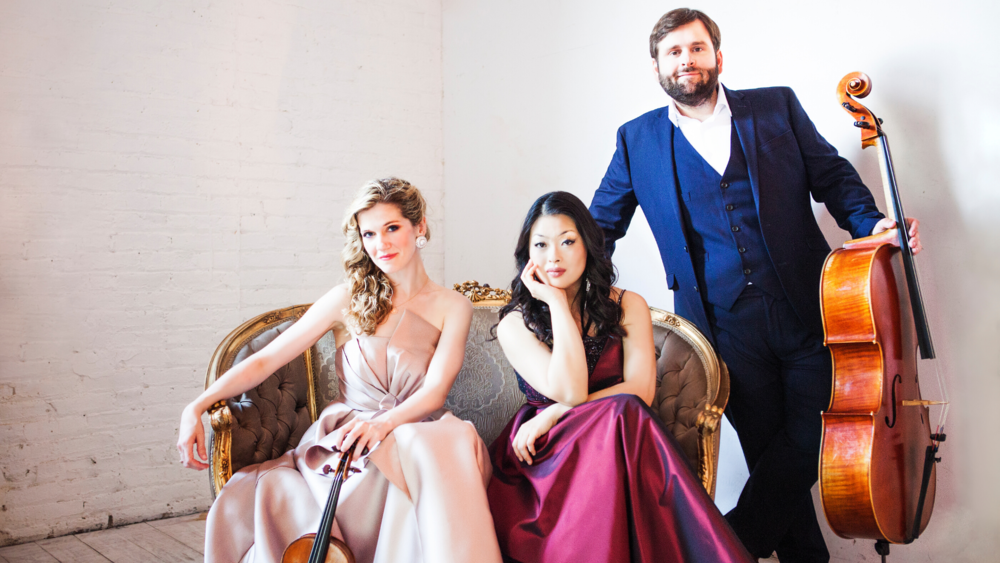 Experience the musical offerings of the Neave Trio March 12 at 2 p.m. at St. Paul’s Lutheran Church, 301 1st St. N.W. Neave will be performing a variety of orchestral pieces for all to enjoy. Since 2010, The Neave Trio – violinist Anna Williams, cellist Mikhail Veselov, and pianist Eri Nakamura has been recognized for their enchanting, graceful, and moving performances. Neave has three goals that guide their work, to engage, to exchange and to connect. The group’s 2019 album Her Voice was named one of the best recordings of the year by The New York Times and BBC Radio 3. Neave has performed at various festivals worldwide, including Lincoln Center’s Mostly Mozart Festival, and Carnegie Hall’s Weill Recital Hall. The trio has residency positions at Brown University, University of Virginia, Longy School of Music of Bard College, and San Diego State University’s very first Trio-in-Residence. The Neave Trio focuses on highlighting new pieces by living composers to connect with diverse target audiences. They strive to engage with as many audience members as possible. They find it crucial to have a relationship with their fans and the people around them. Neave Trio released its latest album, Musical Remembrances, in April 2022 with Mikhail Veselov who leads with the strings along with Violinist Anna Williams and accompanied by pianist Eri Nakamura. Neave has traveled to Harvard University, Kaatsbaan, Rockport Celtic Festival, Chamber Music Tulsa, and the Chicago Chamber Music Society. The trio provides audiences everywhere with an experience they will not forget. Do not miss this chance to see them while they are here in Waverly! The January 22, 2023 Waverly Chamber Music Series, concert features Pianist Mei-Hsuan Huang and Violinist Borivoj Martinic-Jercic.
Pianist Mei-Hsuan Huang received her bachelor's from The National Taiwan Normal University, her master’s at the Cleveland Institute and her Doctor of Musical Arts at The Ohio State University under full scholarship. Huang is the recipient of the 2019 Steinway Top Teacher Award and 2021 Steinway Teacher Hall of Fame. She is an Associate Professor of Piano at Iowa State University and a member of the Amara Piano Quartet. She has participated in and won many piano competitions, including the USASU International Piano Competition in Tempe, Arizona. Huang regularly performs more than fifty solo and chamber recitals each year all around the globe. Huang has a rich history in Iowa. In 2013, Huang performed with the Central Iowa Symphony, Robert Schumann’s Piano Concerto with the Iowa State University Orchestra, and Camille Saint-Saëns’ Carnival of the Animals with the Des Moines Symphony. She was invited to perform Beethoven's Concerto No. 5 "Emperor" with the Central Iowa Symphony and Iowa State University Orchestra. Huang has a studio in Ames, IA where she loves to teach high school and university students. Violinist Borivoj Martinic-Jercic grew up around music and began violin lessons at the young age of five. He was born in Zagreb, Croatia in 1960. He graduated from Blagoje Bersa Conservatory of Music in 1978 where he received a full tuition scholarship to the University of Michigan. He earned his bachelor's degree in Violin Performance and in 1984 earned his master's degree in Violin Performance. Martinic-Jercic joined The Phoenix Symphony in 1986; he was named its concertmaster in 1991. In 2005, in Croatia, he was the Artistic Director and Concertmaster of the chamber orchestra “I Solisti di Zagreb”. During his tenure with I Solisti di Zagreb, he performed more than three hundred concerts worldwide and released several CDs. In 2012, Martinic-Jercic joined the String Department at Iowa State University as Assistant Professor of Violin. Every summer he performs as concertmaster of the Santa Fe Opera Orchestra. Martinic-Jercic regularly appears throughout North America as violinist with the Amara Piano Quartet, the piano quartet in residence at Iowa State University. 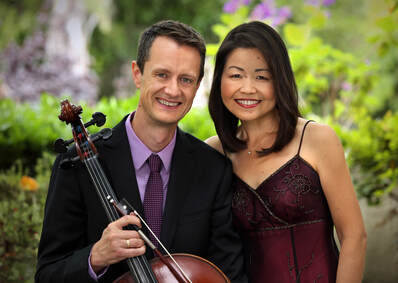 The Murasaki Duo will perform on Nov. 20 at 2 p.m. at St. Paul’s Lutheran Church, hosted by the Waverly Chamber Music Series. Founded in 1996, the Murasaki Duo consists of cellist Eric Kutz and pianist Miko Kominami. Eric Kutz is an active chamber and orchestral cellist that has made an impact both nationally and internationally. With degrees from both the Juilliard School and Rice University, Kutz has had an extensive professional career, including performances in Moscow at the Tchaikovsky Conservatory, New York City, and around the Midwest. Kutz currently holds the Barbara Steppel Memorial Cello Fellowship at the University of Maryland School of Music, where he currently teaches. He is a member of the Left Bank Quartet and the Grant Park Orchestra, along with making solo appearances in local orchestras like the Des Moines Community Symphony and the Luther College Symphony. Miko Kominami holds both Bachelor and Master of Music Degrees from the Juilliard School in New York City, as well as the Piano Performance Certificate from the Royal Conservatory of Music in Toronto. She currently serves at Luther College as an Instructor of Music in piano, along with being the Principal Keyboard of Orchestra Iowa. After her recital debut in Carnegie Hall in New York City and winning the 1996 Artists International Award, Kominami has performed extensively throughout North America. She also performs locally in the Luther College Symphony and has appeared solo in Orchestra Iowa three times. The Murasaki Duo has performed all over North America, Europe and Asia, including performances in New York City, Los Angeles, Chicago, Toronto and London. Additionally, the duo shares their talents at annual festivals and have been featured on radio stations all across the country. |
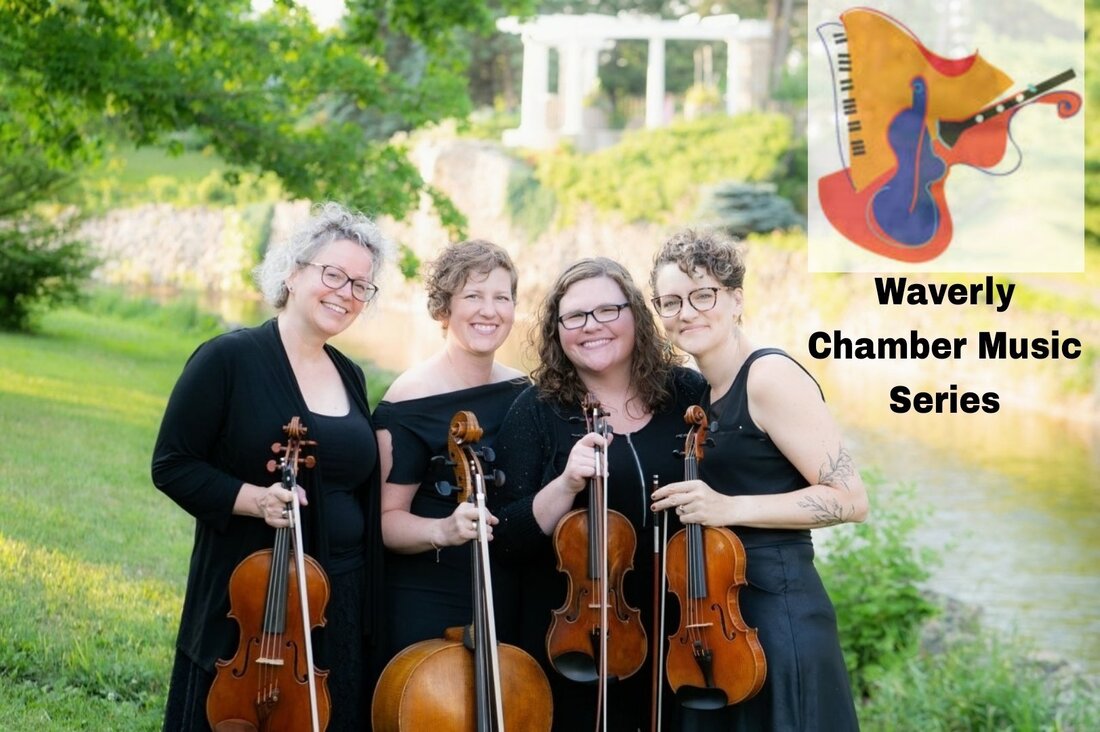
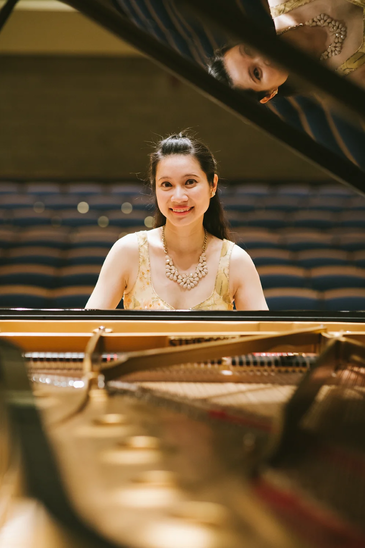
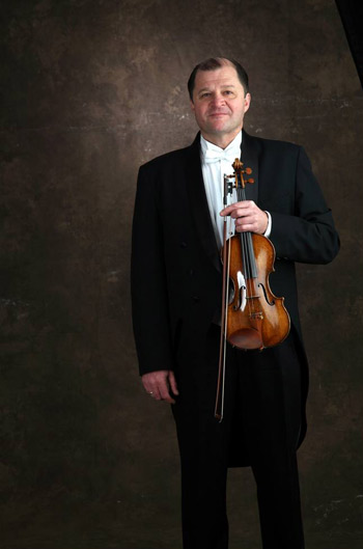
 RSS Feed
RSS Feed